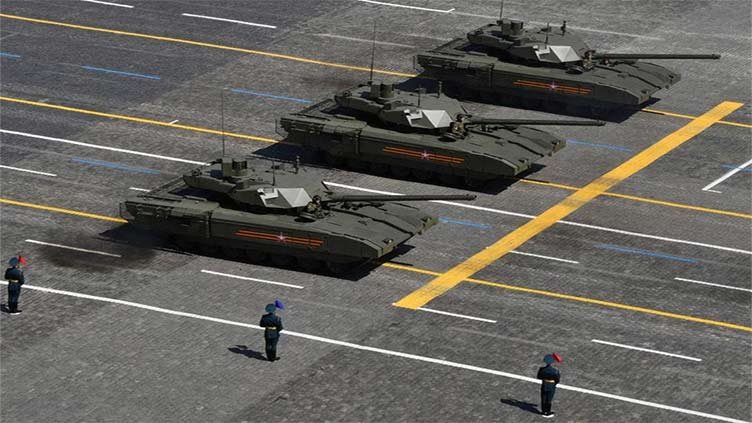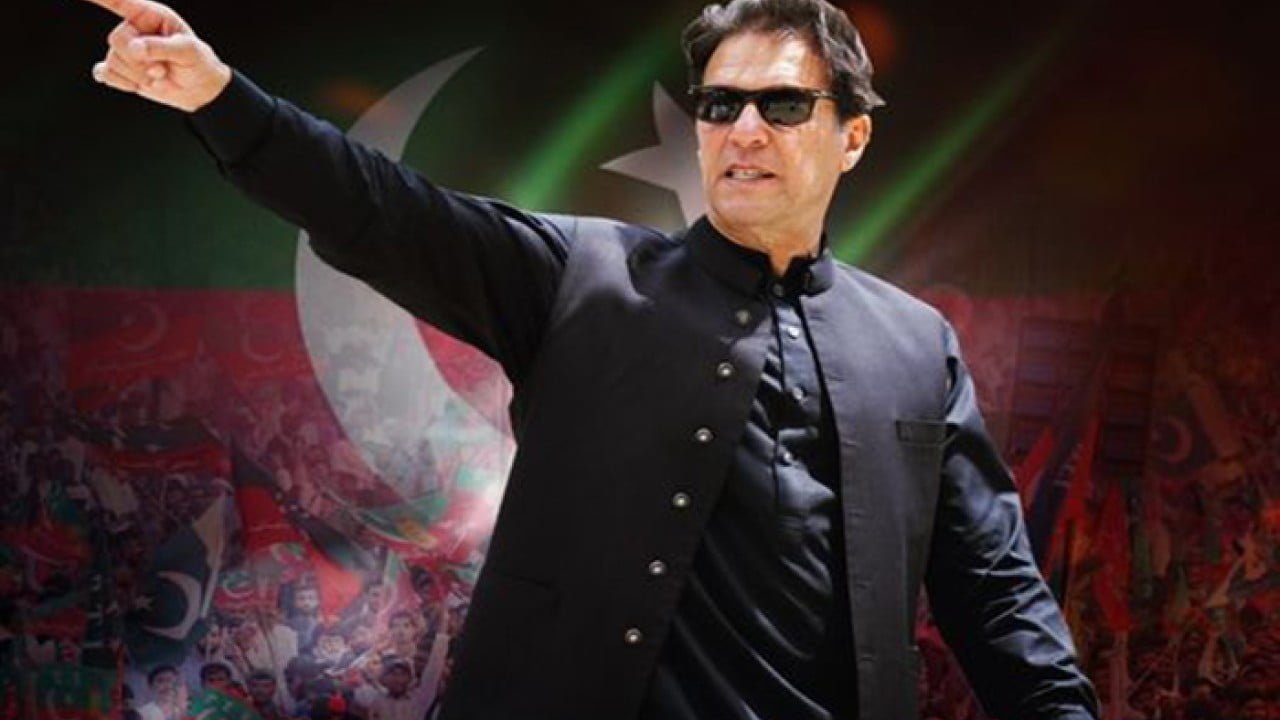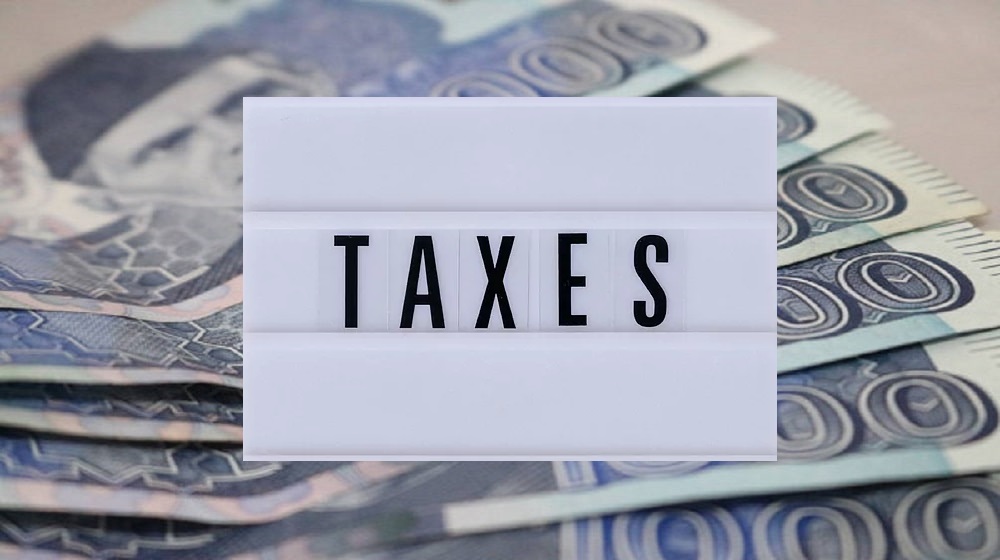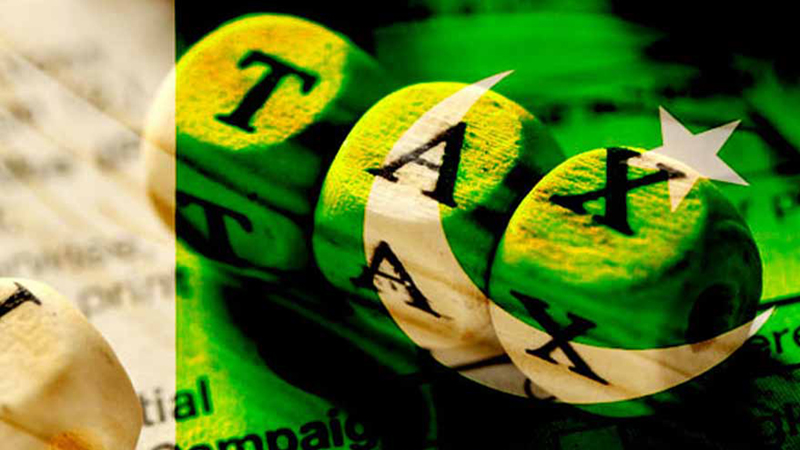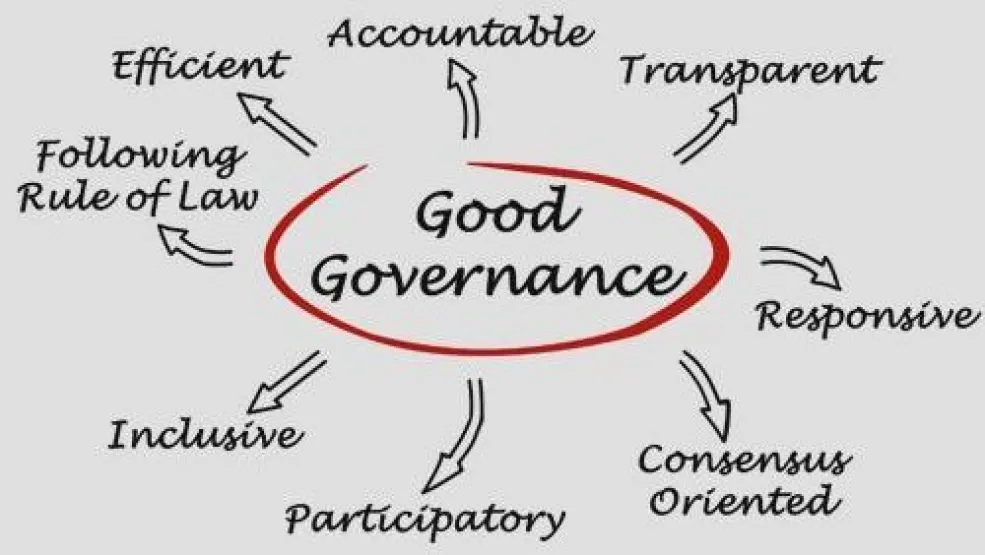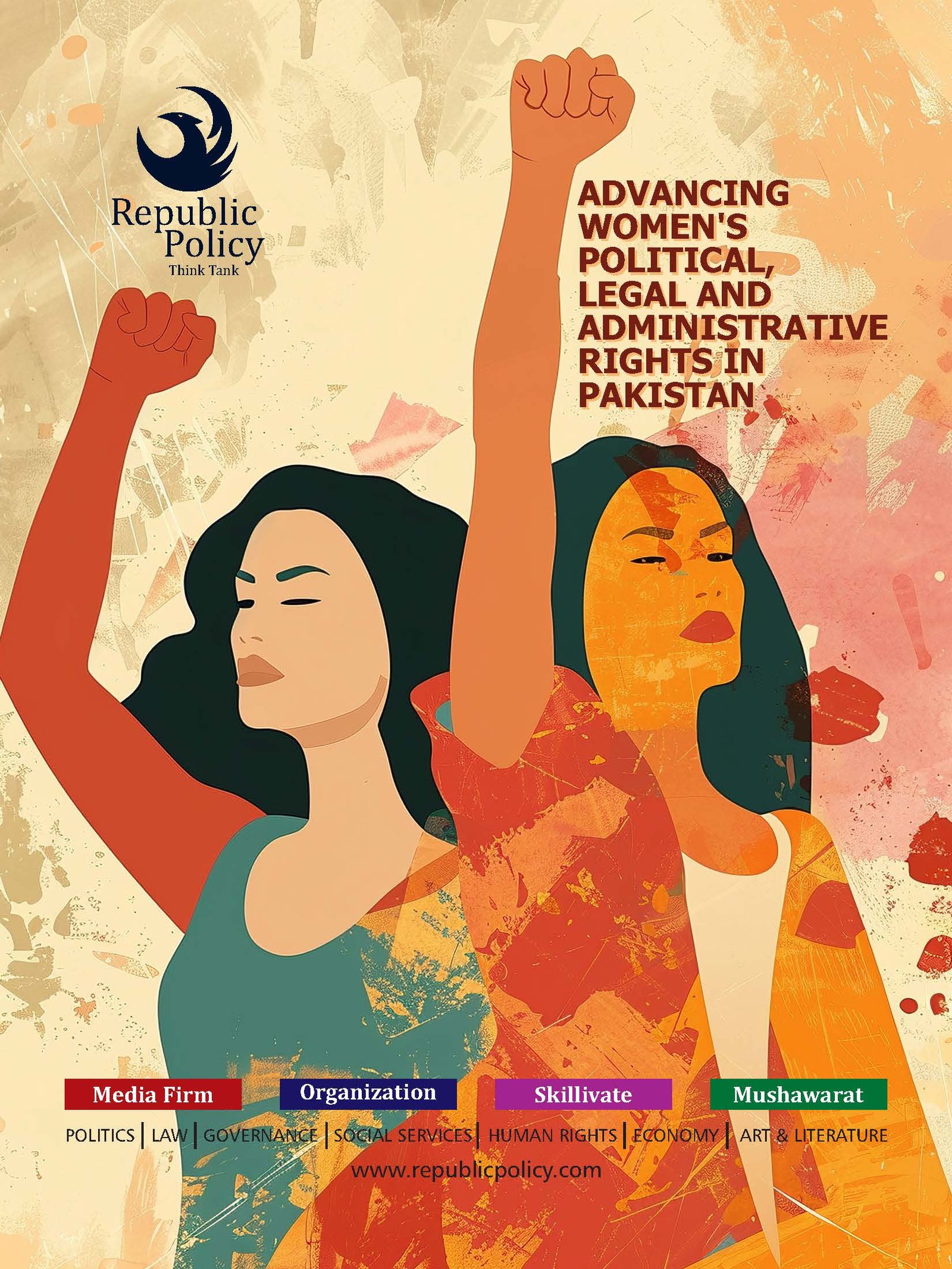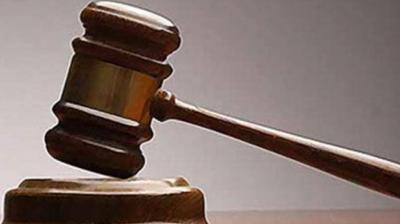By Urooba Mushtaq
The weekend unfolded with a twist that sent shockwaves across Russia, plunging the nation into an unprecedented domestic turmoil. The leader of Russia’s renowned Wagner Group, a privately-funded paramilitary organization known for its involvement in the Ukrainian conflict, appeared to have taken an unexpected turn, defying the Russian military establishment. In a daring move, Warlord Yevgeny Prigozhin led his forces on a march towards Moscow, seizing control of the prestigious military headquarters in Rostov. Adding fuel to the fire, Prigozhin disseminated a series of unverified messages and videos via Telegram, alleging that the military had mercilessly decimated a significant number of Wagner fighters in an air strike. In response, President Vladimir Putin wasted no time in condemning the revolt as an act of “treason” and vowed to bring to justice those who partook in the “criminal” act of joining forces with Mr. Prigozhin. In an ironic twist of fate, it was Belarusian leader Alexander Lukashenko who surprisingly brokered a temporary truce on Saturday, introducing an unexpected player into this high-stakes power struggle.
The implications of this internal crisis are far-reaching and raise several intriguing questions. How could a paramilitary group that was once seen as an extension of the Russian armed forces turn against its very own establishment? What prompted Prigozhin to challenge the might of the army and risk igniting a full-blown confrontation? These puzzling developments have left the nation reeling and seeking answers amidst the chaos. While the government swiftly labeled the rebellion as an act of treachery, the motives and underlying dynamics at play remain shrouded in uncertainty.
Furthermore, the role of social media platforms in amplifying the messages and videos released by Prigozhin cannot be overlooked. The unverified claims, shared widely on Telegram, quickly spread like wildfire, fueling public speculation and adding to the already volatile situation. This incident serves as a stark reminder of the power of information and the need for responsible dissemination, particularly in times of crisis.
President Putin’s unequivocal condemnation of the rebellion underscores the seriousness of the situation and the potential ramifications for those involved. The label of “treason” carries significant weight, implying severe consequences for those deemed responsible. As the nation waits to witness the outcome of this dramatic power struggle, there is no doubt that the eyes of the world are fixed on Russia, closely monitoring the developments and implications for regional stability.
Don’t forget to Subscribe our channel & Press Bell Icon.
In an unexpected twist, Belarusian leader Alexander Lukashenko emerged as a surprising peacemaker, brokering a temporary truce between the warring factions. This unforeseen intervention raises eyebrows and sparks speculation about Lukashenko’s motivations and potential gains from his involvement. It serves as a reminder that geopolitics often unfolds in intricate and unpredictable ways, with unlikely actors stepping onto the stage at critical moments.
The road ahead remains uncertain, with the nation grappling to regain stability amidst this unprecedented crisis. As the saga unfolds, the importance of unity, transparency, and a swift resolution cannot be overstated. Russia’s leadership faces the daunting task of restoring public trust and demonstrating their ability to navigate through this turbulent chapter in the nation’s history. The consequences of this rebellion will undoubtedly shape the country’s trajectory in the days, months, and possibly years to come, leaving an indelible mark on the Russian political landscape.
In a remarkable turn of events, the Wagner Group, notorious for its involvement in the conflict in Ukraine, has ignited a firestorm of criticism aimed directly at the Kremlin. At a critical juncture in Russia’s invasion of Ukraine, the private militia’s brazen revolt has unveiled deep divisions within the country. With an estimated 50,000 fighters, mostly comprising former convicts, the Wagner Group’s public confrontation with the military establishment has cast a shadow of doubt on Russia’s unity and strength, precisely when Ukrainian forces seek an opportunity to assert themselves.
For President Putin, who has been striving to consolidate his authority and maintain military engagement in the costly war, the revelations from Wagner’s enigmatic leader, Mr Prigozhin, presented a grave challenge. In an unexpected twist, Prigozhin has since called off the march, prompting the Kremlin to backtrack on its initial plan to prosecute the insurrectionists. However, the damage has been done, leaving Putin visibly vulnerable on the global stage. The world has witnessed a glimpse of anarchy within Russia’s borders, a disconcerting signal for a leader who had to rely on his Belarusian counterpart to salvage the situation.
The Wagner Group’s defiance has not only exposed the internal power struggles within Russia but also raised questions about the nation’s stability and its ability to maintain control over its military assets. The opacity surrounding the motives and dynamics of this mercenary group only adds to the intrigue and uncertainty. The clash between the private militia and the state apparatus has sowed seeds of doubt among both domestic and international observers, who now question the Kremlin’s ability to manage internal dissent effectively.
Furthermore, this incident has highlighted the potential pitfalls of relying on unconventional forces like the Wagner Group. With a majority of its members being former convicts, the group’s loyalty and discipline were always subject to scrutiny. The episode serves as a stark reminder that relying on such entities can expose a nation to unpredictable consequences and compromise its image on the global stage. It is a cautionary tale for countries that engage in covert operations or employ private military contractors, emphasizing the need for rigorous oversight and accountability.
While the Kremlin has managed to quell the immediate crisis, the fallout from this episode will have lasting implications. The Wagner Group’s insubordination has provided a glimpse into the inner workings of Russian power dynamics, revealing cracks in the facade of unity carefully constructed by the Putin regime. The global community now closely watches for any signs of weakness or division within Russia, as it could impact not only regional conflicts but also the broader geopolitical landscape.
In conclusion, the Wagner Group’s revolt and its subsequent clash with the Kremlin have exposed the fragility of Russia’s power structure. The unexpected rebellion has left President Putin vulnerable and raised doubts about his ability to maintain control over the military establishment. This incident serves as a cautionary tale for nations relying on unconventional forces, emphasizing the need for transparency, oversight, and accountability. As Russia navigates the aftermath of this internal crisis, the world awaits with bated breath to see how it will impact the nation’s future trajectory and global standing.
Subscribe our website for latest updates:
https://republicpolicy.com/shop/
Read More



